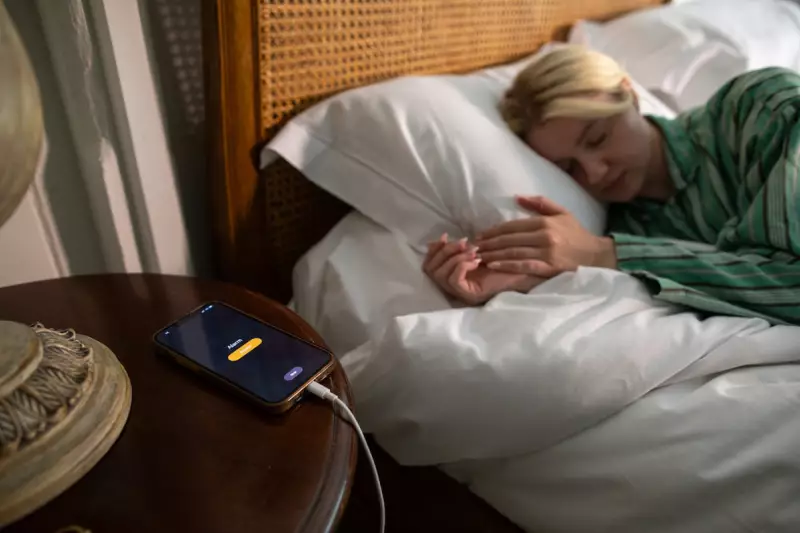
As the clocks fall back and daylight dwindles, millions across Britain find themselves battling that familiar winter lethargy. But what if the secret to beating the seasonal slump lies not in another coffee, but in transforming your nightly routine?
The Science Behind Seasonal Sleep Struggles
Our bodies are hardwired to respond to light and darkness through circadian rhythms. When winter arrives with its shorter days and longer nights, this delicate biological clock can be thrown into disarray. The result? That heavy, drained feeling that makes even simple tasks feel like monumental efforts.
"The reduction in natural sunlight during winter months significantly impacts our sleep-wake cycle," explains sleep specialist Dr. Hana Patel. "This disruption affects melatonin production, leaving many people struggling with both sleep quality and daytime energy levels."
Transform Your Nights: Practical Sleep Hygiene Strategies
Master Your Light Exposure
Light is the most powerful regulator of our internal clock. Make a conscious effort to seek morning sunlight, even on cloudy days. Consider using a light therapy lamp that mimics natural sunlight if your schedule keeps you indoors during daylight hours.
Create a Sleep Sanctuary
Your bedroom environment plays a crucial role in sleep quality. Ensure your room is cool, dark, and quiet. Blackout curtains can be particularly valuable during winter mornings when the sun rises later.
Establish a Wind-Down Ritual
Develop a consistent pre-sleep routine that signals to your body that it's time to rest. This might include:
- Reading a physical book (avoiding screens)
- Practicing gentle stretching or meditation
- Taking a warm bath 1-2 hours before bed
- Writing in a journal to clear your mind
Be Smart About Screen Time
The blue light emitted by phones, tablets, and computers can suppress melatonin production. Implement a digital curfew at least one hour before bedtime, and consider using blue light filters on your devices during evening hours.
Beyond the Bedroom: Daytime Habits for Better Nights
What you do during the day significantly impacts how you sleep at night. Regular exercise, even a brisk winter walk, can improve sleep quality. However, avoid vigorous workouts too close to bedtime as they may have the opposite effect.
Monitor your caffeine intake, particularly in the afternoon, and be mindful of heavy evening meals or alcohol, which can disrupt sleep patterns despite initially making you feel drowsy.
When to Seek Professional Help
While these strategies help most people, persistent sleep issues or extreme fatigue might indicate underlying health concerns. If your sleep problems continue despite implementing good sleep hygiene practices, consult your GP to rule out conditions like Seasonal Affective Disorder (SAD) or sleep disorders.
Remember, quality sleep isn't a luxury—it's a fundamental pillar of health that becomes especially crucial during the challenging winter months. By prioritising your sleep hygiene, you're not just fighting fatigue; you're investing in your overall wellbeing.





